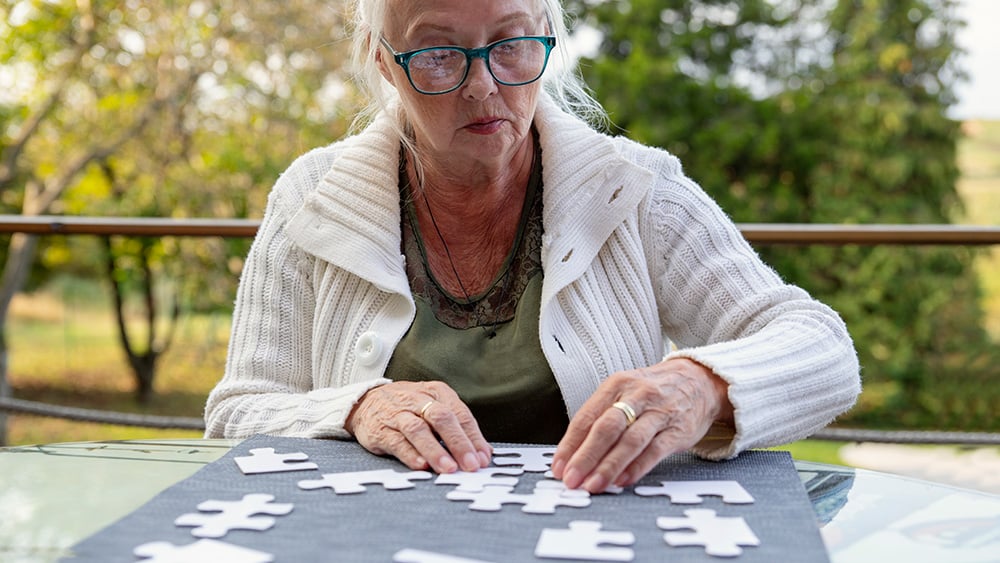Dementia affects millions of Americans each year, causing people to lose their memories and other thinking abilities that affect their daily life.
There is no single disease that causes dementia. According to the Alzheimer’s Association, dementia is a term for several different symptoms that someone experiences if their brain is changing abnormally.
With some diseases, symptoms look different for men and women. Marla Bruns, MD, PhD, is a behavioral neurologist with Rochester Regional Health and explains whether symptoms of dementia look different for women compared to men.
Symptoms of dementia
Approximately 2/3 of all U.S. adults living with dementia are women, according to the Alzheimer’s Association.
However, there is not a significant difference between how men and women start to show the signs of dementia. Some of these signs may include but are not limited to:
- changes in mood or personality
- confusing times and places
- difficulty with short term memory
- misplacing items
- poor judgement
- reduced problem-solving skills
- trouble writing or speaking
- withdrawing from social life
“In my experience, when it comes to how signs of dementia start to show up, I don't think it’s gender specific,” Dr. Bruns said. “Everyone shows signs of having a cognitive deficit.”
Risk factors for dementia
Women between the ages of 45 and 65 are more than twice as likely to develop Alzheimer’s disease as men – meaning roughly 1 in 5 women will develop Alzheimer’s in their lifetime.
Research suggests the main reason women face a higher risk of developing dementia than men is a higher life expectancy. Other risk factors that are shared by both men and women include:
- age
- air pollution
- brain injuries
- diabetes
- family history
- genetics (APOE-e4 gene)
- menopause
- obesity
- smoking
“Research also supports the idea that access to higher education may help to protect the brain,” Dr. Bruns said. “Women who do more cognitive work have a decreased risk of developing Alzheimer’s disease.”
Ways to prevent dementia
While dementia does not have a cure, research shows making lifestyle changes can help to reduce the risk of developing the disease.
The vast majority of people who develop Alzheimer’s disease are age 65 or older, according to the Alzheimer’s Association. Because of the disease begins to show up later in life, the earlier women and men can take steps to lower their risk, the better off they will be as they age.
Some suggestions for lifestyle changes include:
- heart healthy diet
- physical exercise
- quitting smoking
- reducing alcohol consumption
- social connections
- staying mentally active/lifelong learning










